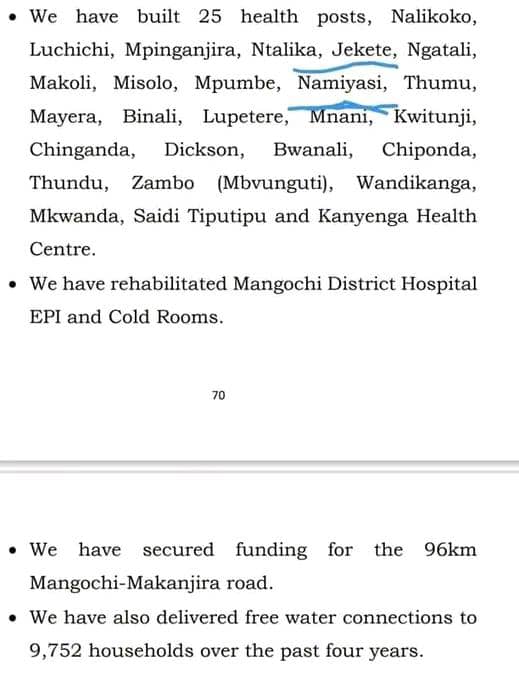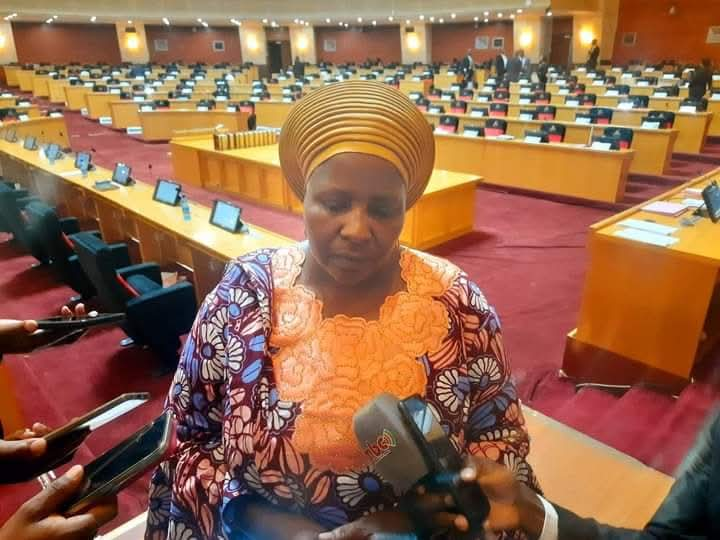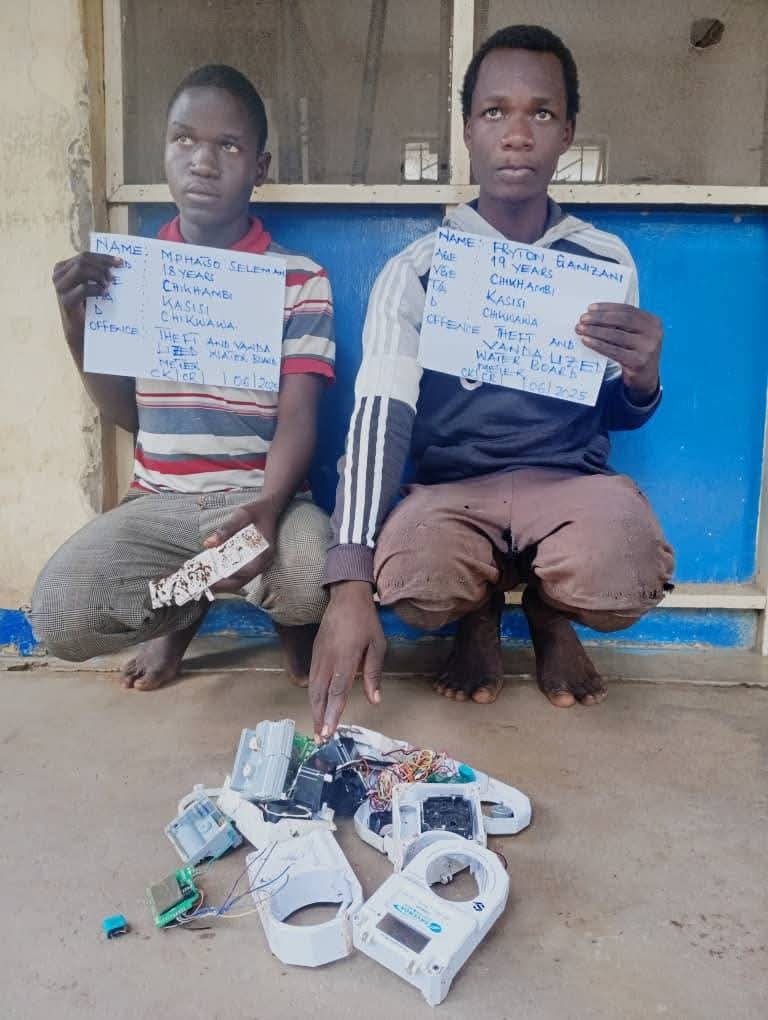By Burnett Munthali
During his State of the Nation Address (SONA) on Friday, 14 February 2025, President Lazarus Chakwera highlighted various development projects across Malawi, including the establishment of a Health Post at Namiyasi. However, a closer examination of this claim has raised concerns, as there is no trace of such a facility in Namiyasi, a location within Mangochi Central Constituency.
This revelation has left many questioning whether the President was misinformed or if this is yet another case of unfulfilled promises. Unless there is another place called Namiyasi elsewhere in the country, the claim that a Health Post has been constructed in Mangochi Central appears to be inaccurate. Residents in the area have confirmed that no such facility exists, and no construction has taken place to indicate an upcoming health project.
Health Posts are essential for providing basic healthcare services, particularly in rural areas where access to major hospitals is limited. They offer first-level medical assistance, including treatment for minor illnesses, maternal care, vaccinations, and emergency response services. If Namiyasi had a functional Health Post, it would have significantly benefited the local population, reducing the need for long and costly trips to distant health centers.
However, with the absence of this facility, the people of Namiyasi continue to struggle to access adequate healthcare. Expectant mothers, children, and the elderly—who are most vulnerable to health complications—remain at risk due to the lack of nearby medical services.
The claim made by President Chakwera in his SONA raises several critical questions:
1) Was the construction of the Namiyasi Health Post planned but never executed?
2) Was it completed but located in a different Namiyasi that is yet to be identified?
3) Was this a case of political rhetoric, where projects are mentioned for publicity but do not materialize in reality?
Without clear answers from the government, speculation continues to grow. If this Health Post was indeed meant to be built in Mangochi Central, then the authorities must explain why the project has not been completed.
Incidents like this contribute to a growing sense of mistrust between citizens and the government. Malawians have repeatedly heard grand promises of development during political speeches, only to find little to no actual progress on the ground. The Namiyasi case serves as a reminder that government projects must be verified and tracked to ensure that resources are properly allocated and that leaders are held accountable for their commitments.
To address this issue, the government must clarify the status of the Namiyasi Health Post. If a mistake was made in the SONA, it should be corrected immediately. If the Health Post was planned but not yet constructed, authorities must provide a timeline for when the people of Namiyasi can expect its completion.
Furthermore, independent investigations should be conducted to verify other claims made during the State of the Nation Address. Citizens deserve transparency and accountability when it comes to development projects that directly impact their lives.
Until then, the people of Namiyasi in Mangochi Central continue to wait—not for political statements, but for real healthcare solutions that will improve their well-being.




